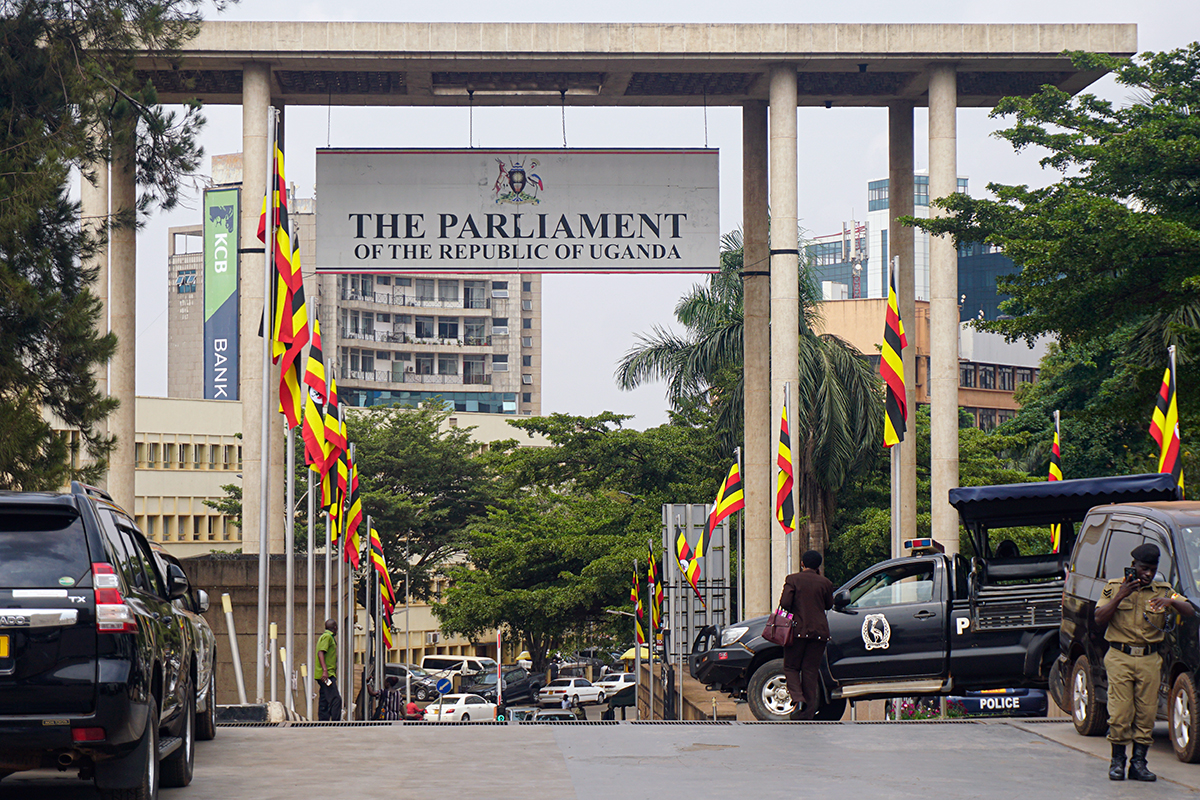By Blair Atwebembeire.
OPINION | In the vibrant tapestry of democracy, the integrity of our elected officials stands as the cornerstone upon which the trust of the people is built. Yet, recent events in Uganda’s parliamentary corridors have cast a shadow over this fundamental principle, revealing cracks in the facade of accountability and transparency.
At the heart of the matter lies the alleged actions of Hon. Anita Among, the Speaker of Parliament, whose purported siphoning of funds through individual staff accounts for dubious community mobilization activities has ignited a firestorm of controversy. The very essence of democracy hinges on the responsible stewardship of public funds, and any deviation from this principle strikes at the heart of our democratic values.
But the tale doesn’t end there. Enter Hon. Mathias Mpuga, the former Leader of the Opposition, embroiled in accusations of corruption stemming from a payment made or to be made under questionable circumstances. As a member of the parliamentary commission that sanctioned this payment, the specter of conflict of interest looms large, threatening to erode public trust in our democratic institutions.
In the eyes of the law, such actions may constitute breaches of the Anti-Corruption Act, which unequivocally condemns any act or omission by a public official aimed at illicitly obtaining benefits. Section 9 of the same act explicitly addresses the issue of conflict of interest, imposing severe penalties on those who fail to disclose personal interests while wielding influence in official capacities.
But beyond the confines of legality lies a deeper, more nuanced conversation about ethics and moral responsibility. The acceptance of payments, the recruitment of relatives, the creation of ghost workers—these are not merely legal infractions but ethical transgressions that strike at the heart of public service.
It is a sobering reminder that power, if left unchecked, has the propensity to corrupt even the noblest of intentions. The allure of personal gain, the temptation to exploit one’s position for self-enrichment—these are the pitfalls that ensnare the unwary and tarnish the reputation of our political class.
Yet, amidst the chaos and discord, there is hope. Hope that through rigorous investigation and unwavering adherence to due process, justice could prevail. Hope that institutional reforms could stem the tide of corruption and usher in a new era of accountability and transparency.
But hope alone is not enough. It requires action—action from conscientious citizens who demand accountability from their elected representatives, action from lawmakers who uphold the sacred trust placed upon them by the people, action from all who cherish the principles of democracy and justice.
In the crucible of controversy, we are faced with a choice. A choice to succumb to cynicism and despair, or a choice to stand firm in our commitment to integrity and justice. Let us choose wisely, for the path we tread today will shape the future of our democracy for generations to come.
Blair Atwebembeire is an Advocate of the High Court of Uganda. E-mail: blair.advocates@gmail.com















